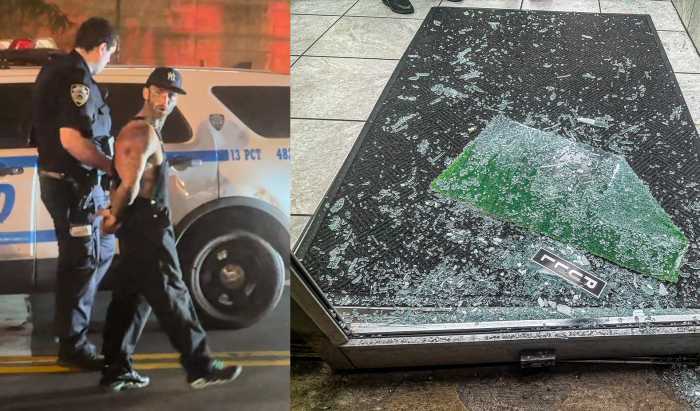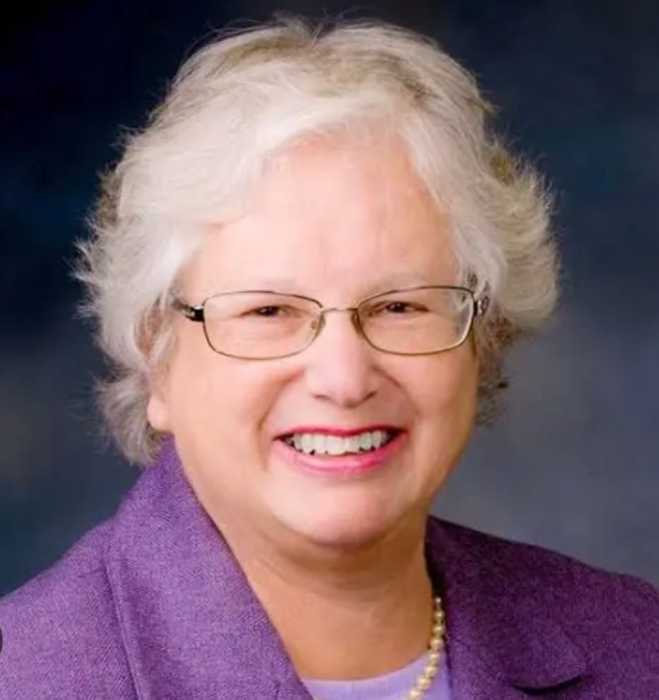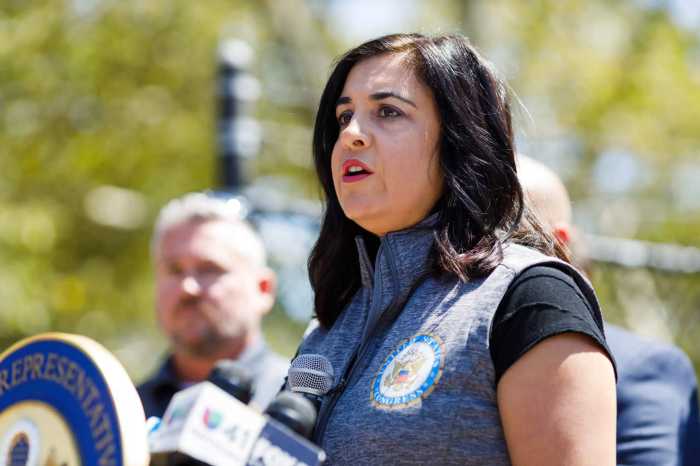New Yorkers are witnessing our mental health crisis tragically play out on the subways and within our communities. This painful reality is personal to me because my younger brother struggled for years with his mental health until his recent death.
There is no shortcut that can bypass our city and state committing the resources necessary to build a mental health system that provides a reliable continuum of care, reaches those in need, and supports a robust workforce.
The singular idea of expanding involuntary commitment may offer an attractive soundbite, but it is not the solution. It cannot be relied upon to provide the substantive improvements necessary to address our city’s mental health crisis.
Far more is needed, and an incomplete, shortsighted response would only trap us in a counterproductive cycle that fails to connect people to effective care.
We must focus more on meaningful investments in proven solutions that ensure continued access to wrap-around care so that people, like my brother, don’t fall through the cracks and can achieve stability.
My baby brother was a dreamer who often thought about what he would do if he ever won the lottery. In those daydreams, he always put his community first – if given the opportunity, he would give the money away to those in need.
He was a kind-hearted and gentle soul who struggled with substance abuse and mental health challenges for years, until an overdose ultimately took his life.
He spent much of his adult life cycling in and out of Rikers and emergency hospital stays, never receiving appropriate care to help him succeed upon release.
The City’s response to my brother’s mental health challenges mirrored those of so many others with similar struggles. It’s how we end up with Rikers as the city’s largest de facto mental health facility, where half of the over 6,000 people in city jails have a mental health diagnosis and over 1,000 have a serious mental illness.
Continuing down this path is not how to move our city forward. Responses like this only advanced my brother’s decline, as it frequently returns people in need of care to their communities worse off.
While we’ve lacked effective stewardship towards these improvements, we have the opportunity to shift our approach.
Many of the mental health interventions and programs that deliver results are right in front of us, but they lack the government funding necessary to meet the scale of need for them.
This is a crisis fueled by the lack of political will to invest in solutions.
Mental health court programs provide appropriate interventions to improve outcomes for those in need, but they are too often unavailable because of inadequate funding.
There are also evidence-based residential mental health centers that help people transition to stable, independent, and healthy lives. While this method of community-centered treatment is effective, there isn’t enough capacity to serve those who would benefit, because these solutions are severely underfunded.
This leaves judges, prosecutors, and others in the court system without the ability to utilize these sound options. In their absence, those diagnosed with serious mental illness are sent to jails where their condition deteriorates.
This is unconscionable.
We know what works – it requires sufficient investment.
Mobile crisis teams that meet people where they are and connect them to comprehensive care by building trust and treating individuals with dignity is another example of what should be strengthened and expanded.
The City Council has put forth many of these community-based solutions, also including crisis respite centers and mental health clubhouses that help prevent people from falling into crisis, as part of our budget priorities and Mental Health Roadmap.
Yet, Mayor Adams’ administration has repeatedly disregarded these critical solutions, opposing greater investments during our budget negotiations.
Even when the Council succeeded in passing a law to expand mental health clubhouses the mayor’s administration obstructed progress by seeking to close existing centers.
While the Mayor speaks of the moral obligation to help those in crisis, he sits on resources that could be marshaled to improve mental health.
Against such staggering need, the Mayor’s new proposal to create 100 beds in a new facility is insufficient and will be counterproductive if entirely reliant on involuntary commitments.
Given the abdication of responsibility by this mayor, and the decades-long lack of investment, we know the State must help deliver support for these critical solutions.
Our approach cannot be to continue bouncing New Yorkers back-and-forth between systems, enabling their decline, and then responding with extreme interventions. We need accessible care that prevents people from experiencing crises and helps them achieve long-term stability.
I consider myself lucky. While my brother and I started our journeys together, our paths diverged as we grew older.
The help of strong social service programs helped me overcome homelessness as a single mother.
Ultimately, my brother never received the same help for his illness, and it pushed him away from his loved ones and community, towards the margins of society.
If we truly want the best for New Yorkers, we need to ask ourselves: Are we willing to invest in their care?
We know what it would take to keep New Yorkers safe. It’s up to all of us leaders to make these investments and strengthen our mental health care infrastructure.
It’s what my brother deserved, and what we owe to all New Yorkers.
Read More: https://www.amny.com/oped/






































